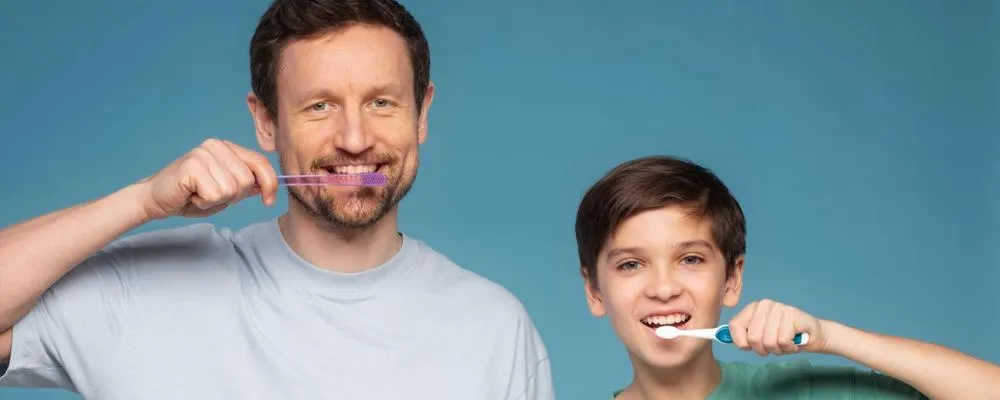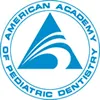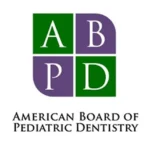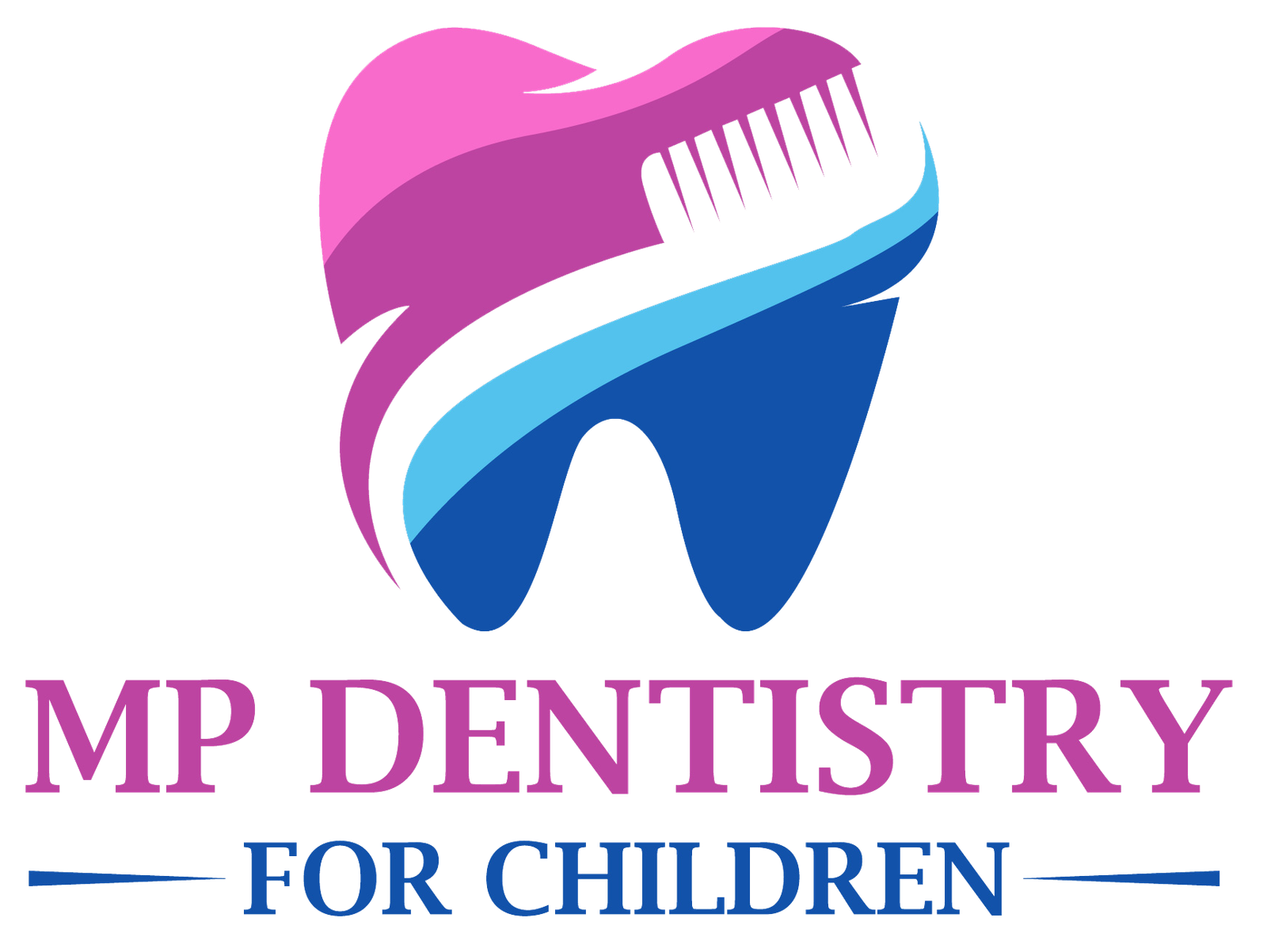Blog Details


- mpdentistryforchildren
- December 26, 2024
- No Responses
The Key Differences Between Children’s Teeth and Adult Teeth
As parents and dentists, it is important to understand the differences between children’s teeth and adult teeth to ensure that proper dental care is taken for both sets of teeth. Although teeth have similar functions throughout one’s lifetime, there are distinct differences in the structure and development of children’s teeth versus adult teeth. In this blog post, we will discuss the most important differences between children’s teeth and adult teeth.
Structure
Children’s teeth, also known as primary or baby teeth, are smaller in size and have thinner enamel compared to adult teeth. They have a shorter root system and are more susceptible to decay due to their thinner enamel. Adult teeth, also known as permanent teeth or secondary teeth, on the other hand, are larger in size, have thicker enamel, and a longer root system. They are more durable and better equipped to withstand the wear and tear of daily use.
Number
Another significant difference between children’s teeth and adult teeth is the number of teeth present in each set. Children have 20 primary teeth that will eventually be replaced by 32 permanent teeth. This process typically starts around the age of six and continues until the late teenage years or early adulthood. In contrast, adults have 32 permanent teeth that are present for the rest of their lives, barring any dental issues or extractions.
Function
Both children’s teeth and adult teeth serve similar functions of biting and chewing food, speaking, and supporting facial structure. However, as children grow, their teeth and jaw also develop and change to accommodate the growth of their face and jaw. Kid’s teeth play a crucial role in helping the jawbone and facial muscles to develop properly. Adult teeth, on the other hand, are responsible for maintaining the facial structure and jawline.
Caring for Children’s Teeth vs. Adult Teeth
Due to the differences in structure and development, caring for children’s teeth requires different considerations than caring for adult teeth. It is essential to establish good family dental care habits from a young age to ensure the health of children’s teeth. This includes regular brushing, flossing, and dental clinic checkups or dentist appointments with a licensed pediatric dentist to prevent decay and other dental issues.
OUR PARTNERS







